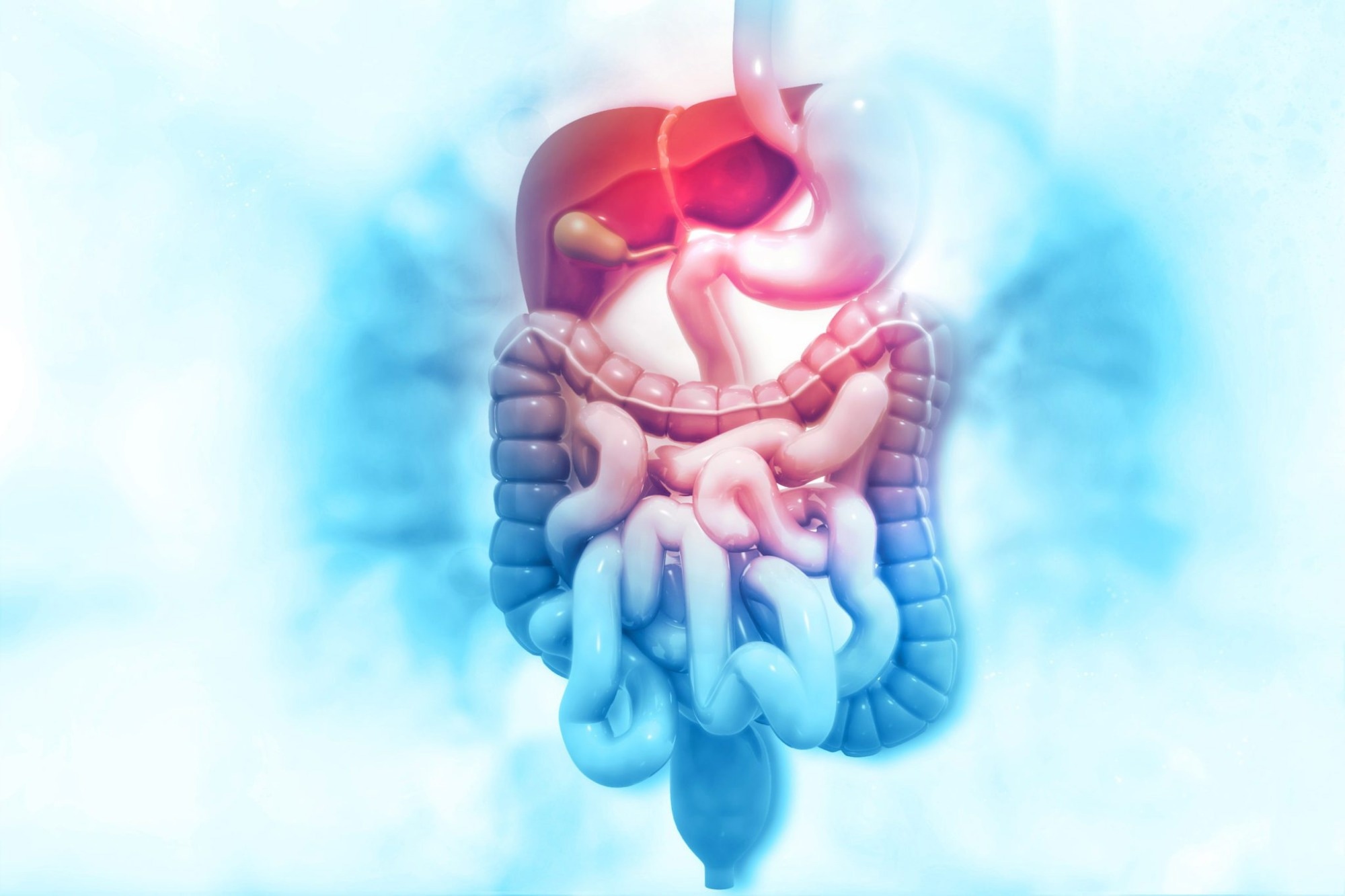
Image Credit: Georgia State University.
More than 3 million people in the United States suffer from inflammatory bowel disease (IBD), a general name for Crohn’s disease and ulcerative colitis. IBD is a chronic, recurrent inflammatory illness of the gastrointestinal tract. It is difficult to create appropriate diagnostics and therapies for IBD because the disease’s origin is unknown.
The majority of modern medicines enter the bloodstream directly and have serious short- or long-term adverse effects, such as altering gut bacterial or fungal function and encouraging the growth of cancer.
In the course of intestinal inflammation, the protein IL-22 maintains the stability of cells that line body surfaces, speeds up wound healing, acts as a barrier against pro-inflammatory mediators, and is highly correlated with IBD-prone genes.
Injecting a lipid and IL-22 complementary DNA complex is a potentially effective technique for treating colitis in animals; however, this requires surgery and specialized injection skills, according to prior studies. The development of an oral nucleic acid delivery approach for treating IBD looks to be more beneficial in enhancing human health since oral delivery provides a more accessible therapeutic strategy.
Scientists have created novel lipid nanoparticles in this study using phosphatidic acid (PA), monogalactosyldiacylglycerol (MGDG), and digalactosyldiacylglycerol (DGDG), three primary lipids found in ginger-derived nanoparticles used in earlier studies. The novel lipid nanoparticles included IL-22-mRNA.
Oral delivery of IL-22 lipid nanoparticles elevated the protein expression level of IL-22 in the colonic tissue of mice. Mice with acute colitis that were fed IL-22 lipid nanoparticles experienced an accelerated healing process, as indicated by the recovery of more body weight and colon length.
Dr. Didier Merlin, Regents’ Professor, Institute for Biomedical Sciences, Georgia State University
Dr. Didier Merlin is also a senior research career scientist at Atlanta Veterans Affairs Medical Center.
The mice also showed lower levels of fecal lipocalin concentration, colonic myeloperoxidase activity, histological index, and pro-inflammatory cytokine mRNA expression.
Our results suggest that our reversely engineered lipid nanoparticles are an excellent mRNA delivery platform for treating ulcerative colitis.
Dr. Didier Merlin, Regents’ Professor, Institute for Biomedical Sciences, Georgia State University
Junsik Sung (first author and graduate student) and Dingpei Long, Ph.D., of the Institute for Biomedical Sciences at Georgia State; Zahra Alghoul, Ph.D., of the Institute for Biomedical Sciences and Department of Chemistry at Georgia State; and Chunhua Yang, Ph.D., (assistant professor) and Didier Merlin, Ph.D., of the Institute for Biomedical Sciences at Georgia State and Atlanta Veterans Affairs Medical Center are the co-authors of the study.
The research was financially supported by the National Institute of Diabetes and Digestive and Kidney Diseases (NIDDK) of the National Institutes of Health (NIH) and the Department of Veterans Affairs.
Journal Reference:
Sung, J., et al. (2022) Oral delivery of IL-22 mRNA-loaded lipid nanoparticles targeting the injured intestinal mucosa: A novel therapeutic solution to treat ulcerative colitis. Biomaterials. doi.org/10.1016/j.biomaterials.2022.121707.